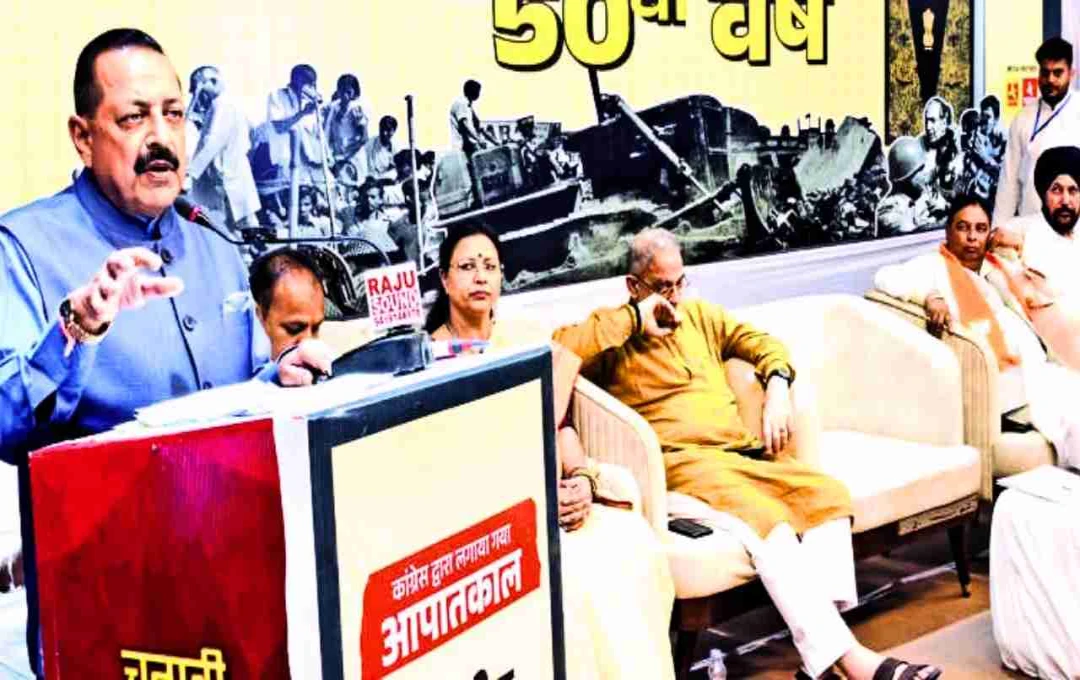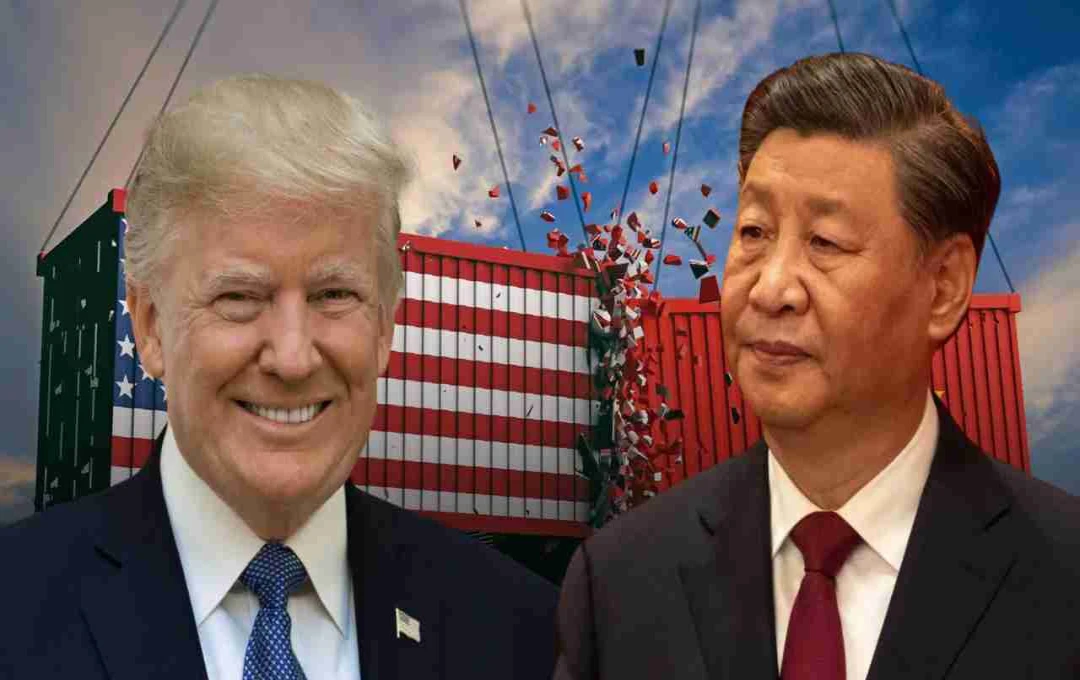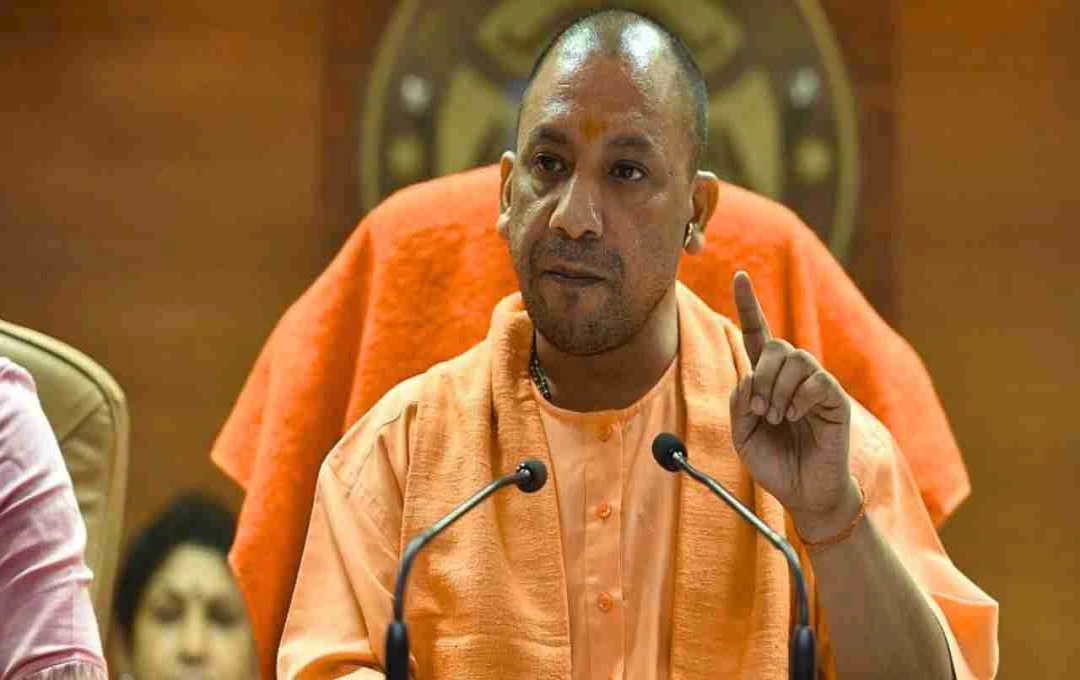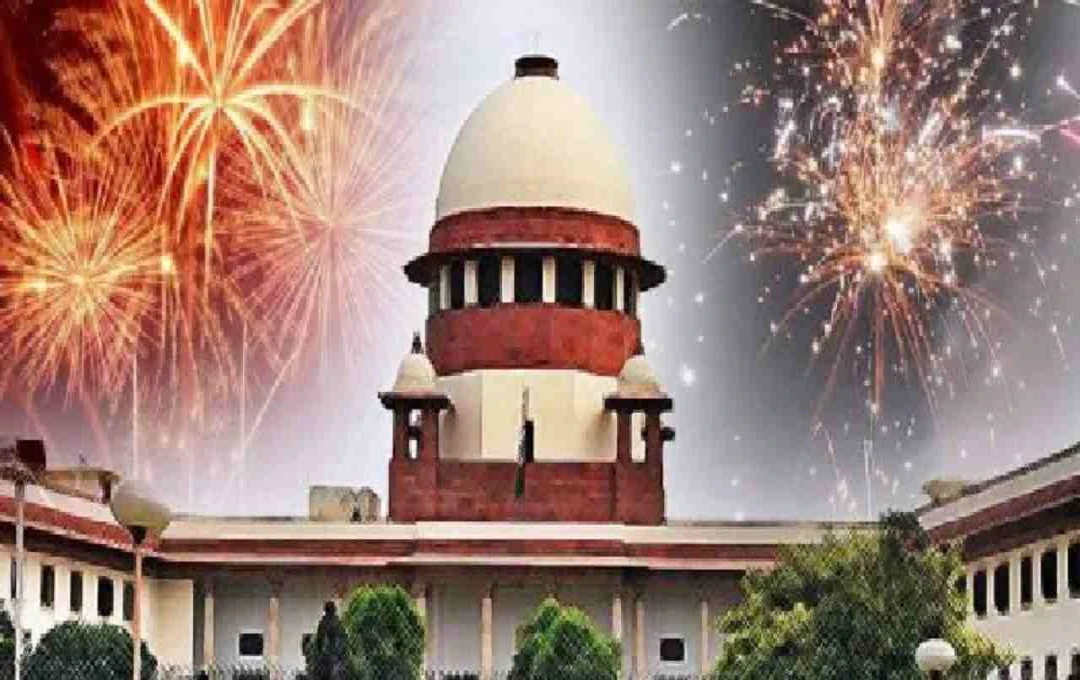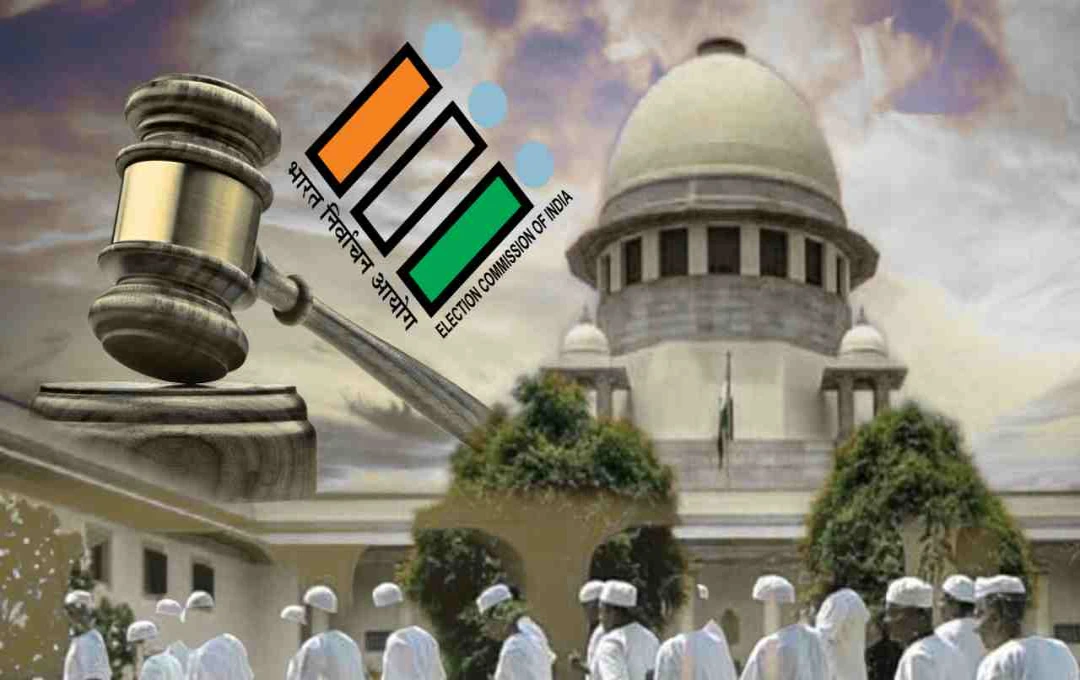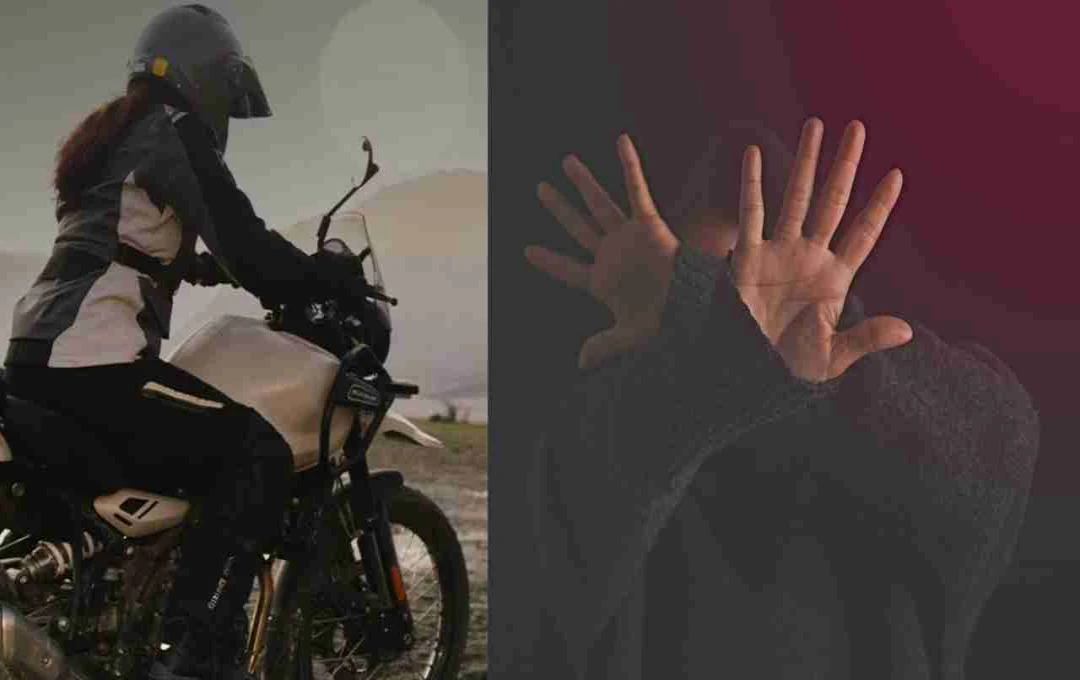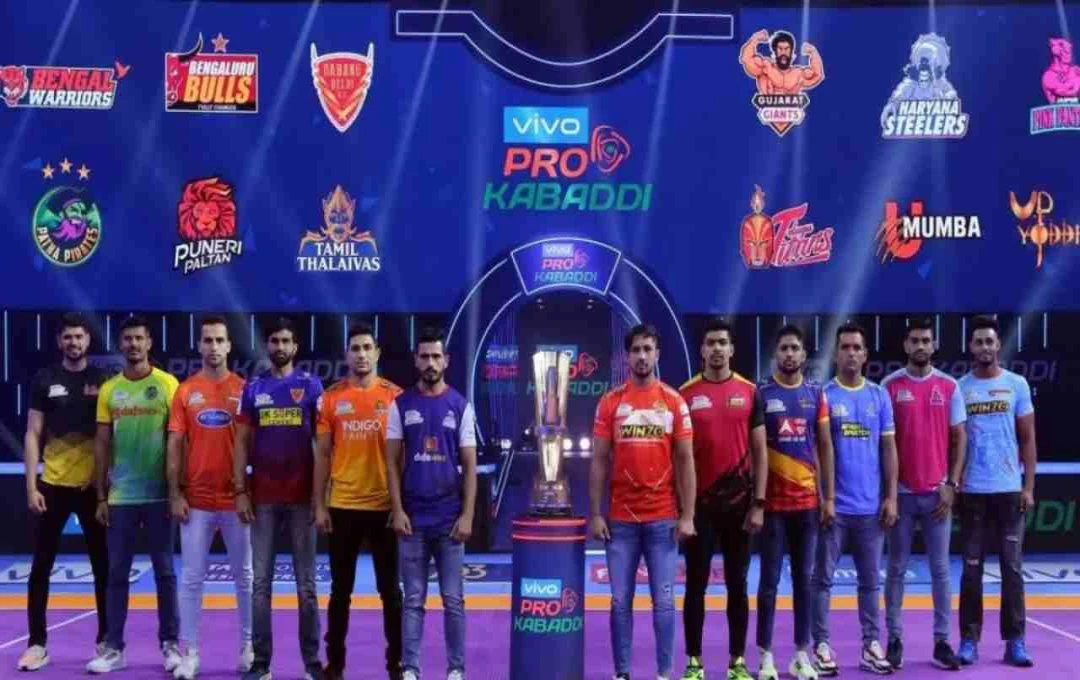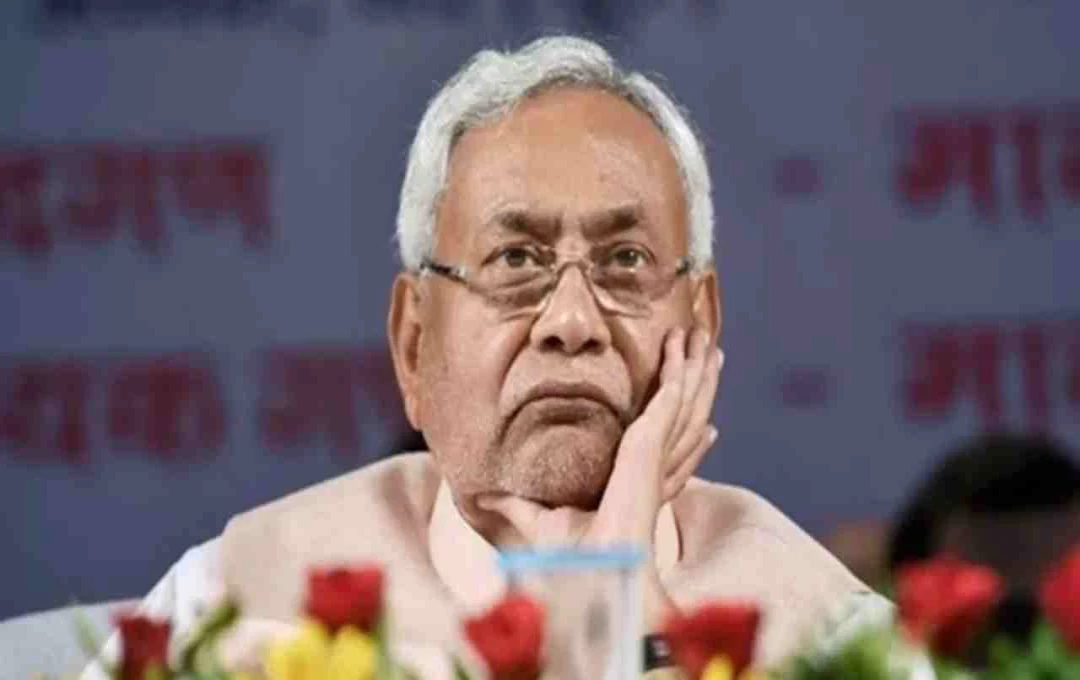During an event held in Jammu, Union Minister Dr. Jitendra Singh described the 1975 Emergency as the darkest chapter in India's democratic history. He stated that it was a time when the freedom of citizens was brutally suppressed. People were imprisoned without trial, strict censorship was imposed on the media, and inhumane measures like forced sterilizations were implemented. Dr. Singh emphasized that this period should be remembered by future generations so that the country does not repeat such a mistake.
He added that the Emergency severely damaged democratic institutions but also gave rise to some b leaders and ideologies. He called Loknayak Jayaprakash Narayan the protector of democracy and remembered the role of Nanaji Deshmukh, who risked his life to save JP. Dr. Singh also said that the events of the Emergency are testimony to the fact that citizens must always be vigilant in protecting democracy.
Questioning History with an Ideological Attack on the Congress
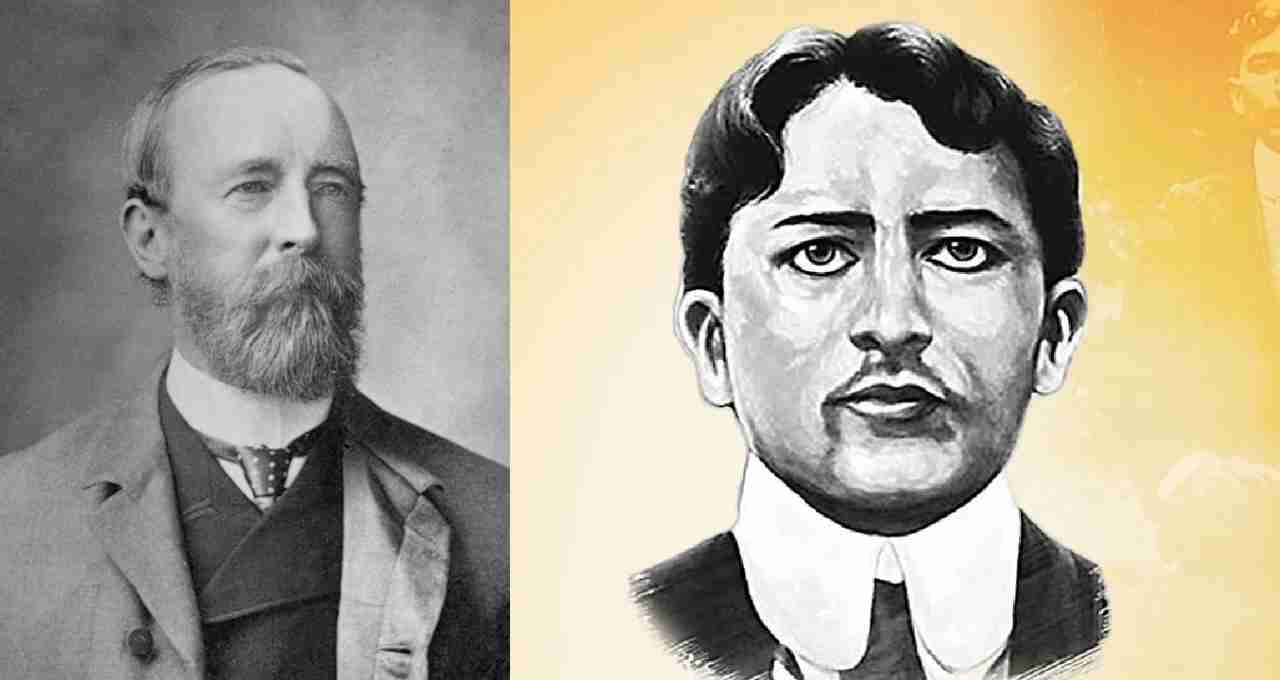
Dr. Singh directly attacked the Congress party, saying that the Emergency was not a sudden decision but a consequence of the Congress's ideological thinking. He alleged that the Congress was established by British officer A.O. Hume as a "controlled platform" and was not driven by nationalist sentiment. He accused the Congress of promoting nepotism, authoritarianism, and opportunism.
He said that the party had always ignored true martyrs, including revolutionaries like Madan Lal Dhingra and Veer Savarkar. Dr. Singh also alleged that Gandhi, disregarding democratic processes within the Congress, made Jawaharlal Nehru the party president instead of Sardar Patel, despite Patel having more support.
Warning to Protect Democracy and Questions on Amendments
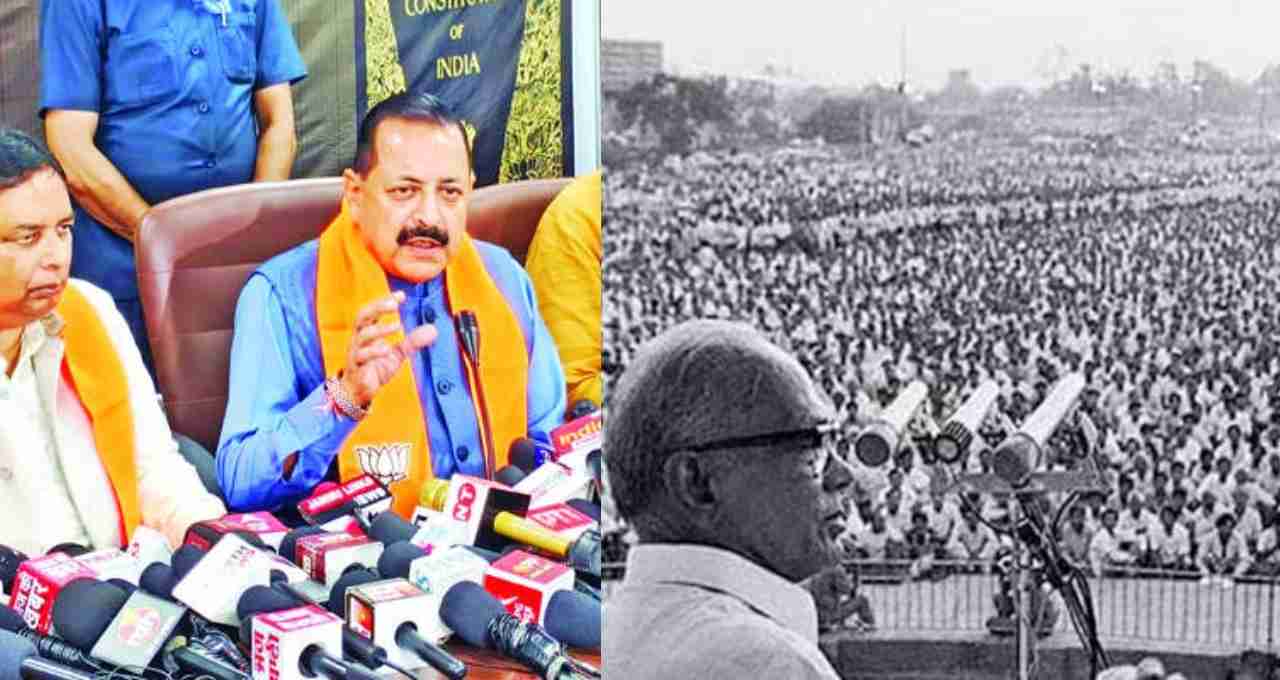
Dr. Jitendra Singh said that the Emergency was not just an event but a deep conspiracy against democracy. He stated that after the 1974 student movement, the Congress's electoral defeat in Gujarat, and the Allahabad High Court's nullification of Indira Gandhi's election, the Congress made several amendments to the Constitution to save itself. These included the 38th, 42nd, and 43rd amendments, which extended the terms of Parliament and Assemblies.
Dr. Singh also said that this change has remained permanent in Jammu and Kashmir. He cautioned the public that although the Emergency has ended, its mindset still lives on and poses a great threat to democracy. In such a situation, citizens must remain vigilant and aware to protect democratic values.
